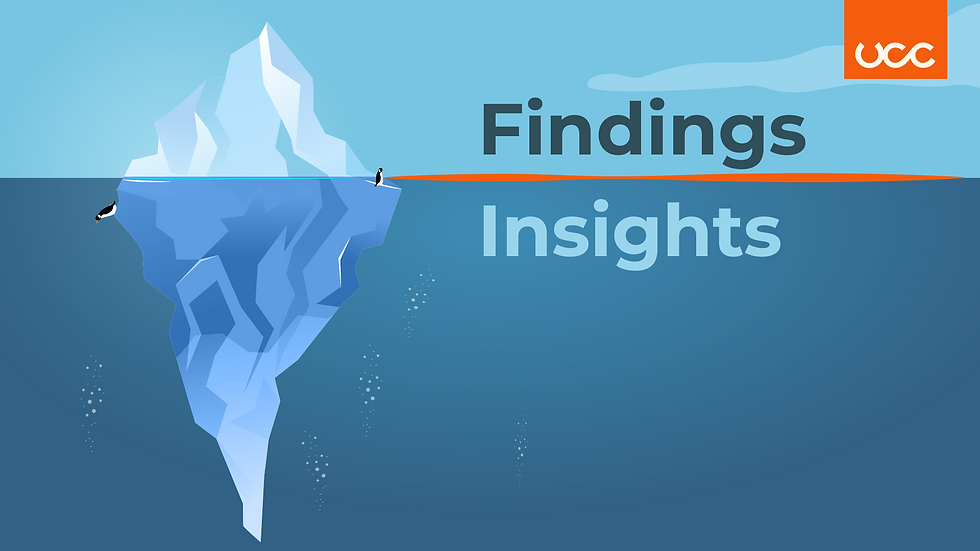
When I was 12 years old, I had visited my uncle’s farm near Hyderabad. His farm was a beautiful, lush haven symbiotically flourishing with farm animals. I used to enjoy spending my time there and every morning, along with my aunt, I’d pick up the eggs laid by the hens. A few days after returning from the farm, I developed tiny red dots all over my skin. The doctor diagnosed it to be chicken pox. I started associating the chicken pox with the “chickens” at the farm believing that they were the cause of my misery.
One day, after I got better, I went back to the farm during my summer vacation and my aunt asked if I wanted me to come with her to the chicken coop to collect the eggs. Frightened by the memory of the chicken pox, I vehemently said “NOOOOO!” Puzzled by my behaviour, she asked me the why. I told her that I hate chickens because “they” had given me the chicken pox. Initially, no amount of explanation or coercion could make me see the light that the chickens were not the cause of my chicken pox. A few years later as I grew up, I finally realized that the chickens were not the reason for my chicken pox.
This incident has served as a reminder to keep an open mind when I perceive something to be true.
Taking a little extra time to deeply understand and synthesize information is any day better than running faster towards the final line of conclusion.
And, this learning is all the more relevant in my professional space.
There are numerous instances when immediately after interactions with research participants like in an in-depth interview or a site visit with my clients, I see a bright smile on the client’s faces and a nod that declares that one of the points that they heard in the discussion is THE insight and in next 5–10 min you have the solutions being discussed. When I hear such generous garnishing of the word “insights”, I’m painfully tempted to ask “why do you think that’s an insight?” The word “insight” has unfortunately become an oft-abused term for what merely could be an observation or a finding at the most. In the research world, it’s imperative for us to consciously not fall in the trap of mistaking a finding as an insight. Insightful statements pave way to ideas that provide an answer to the clients’ and users’ predicament.
As a simple ground rule, anything that comes too easy to us, is staring at us in the eye and may have emerged from a single interaction will not be an ‘insight’ — rather it’s a start to the journey of knowing the answers.
An insight would be a truth that is often unearthed by continuously asking the “why” question to get to the heart of the problem. When I was leading a research exercise for a healthcare project to understand why the patients did not adhere to their medicine intake schedule, several times the ‘experts’ from the medical world made statements like “the patients have several physical and visual reminders, yet they do not take the medicines on time”, “it’s a tedious job to refill medicines, and often they run out of stock and discontinue their medication.” These statements were only observations showing “what” the patients’ behaviours were like. None of these statements addressed “why” the patients were not adhering the medicine schedule.
We took the direction of uncovering the emotion behind the patients’ mindset and our investment paid off. Our findings led to deep insights creating epiphanous ‘aha’ moments for us and the client. The creative team took this insight as a starting point to think of a solution that emerged from deep insights.
Arriving at an insight is a painstaking process because, often, what most people think of as a solution is a mere fact that does not lead to anything substantial to make a ‘difference’ to one’s life. We have to dig deeper to know the answers to the “why” because it’s the “why” that would help us arrive at what to make of your findings and how to solve the problem.
Here’s a snapshot explaining the difference between a finding and an insight.

As much as one is tempted to arrive at the insights as early as yesterday because of wall-to-wall reasons like time-crunch, resource-crunch and (sometimes) the rush to prove that solutions were found so quickly, it’s wise not to fall into that trap as the result will eventually not be aligned with the problem at hand. Don’t connect the chickens to the chicken pox.

Comentários